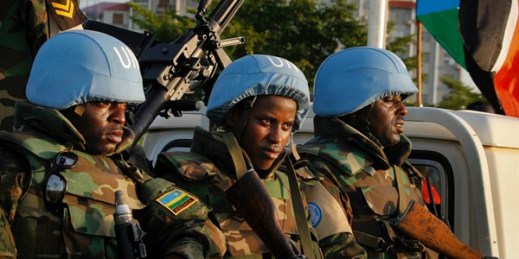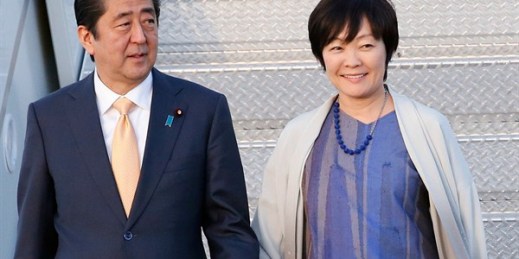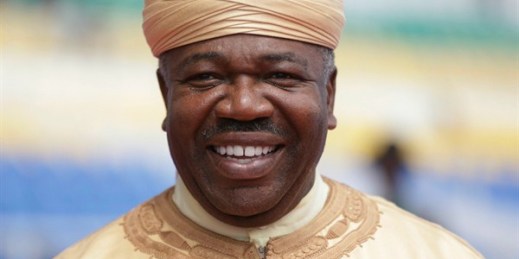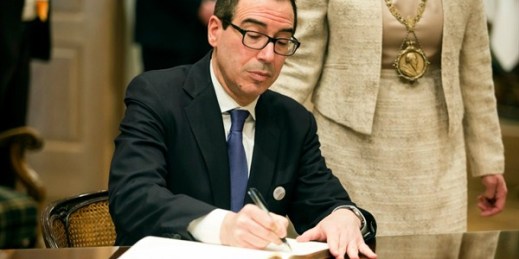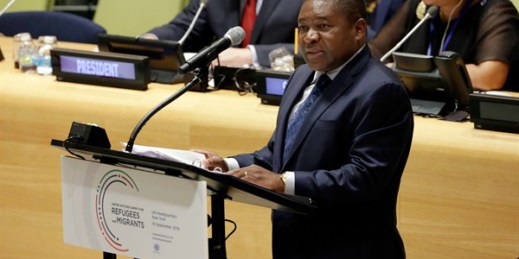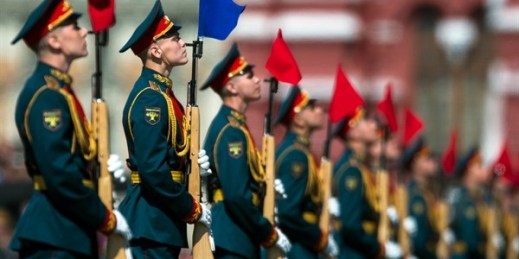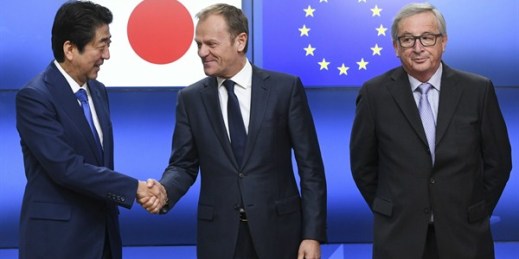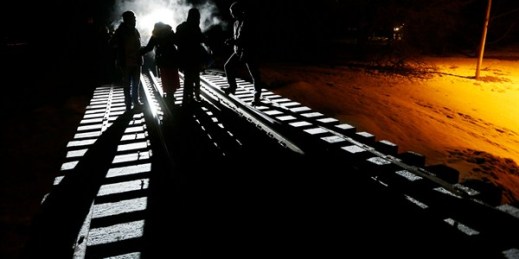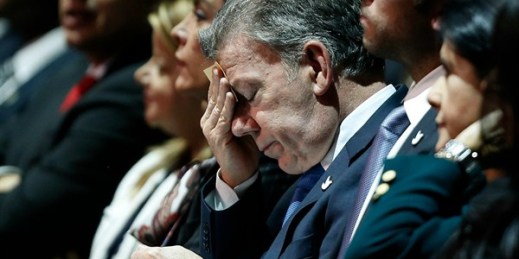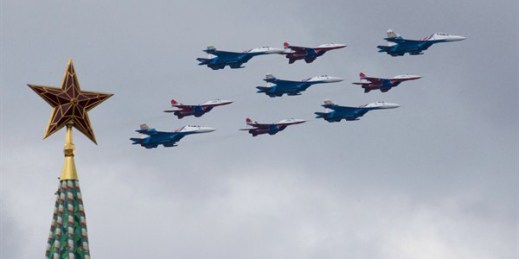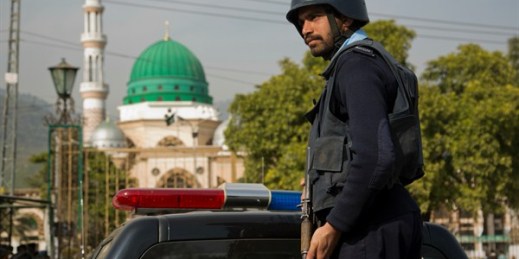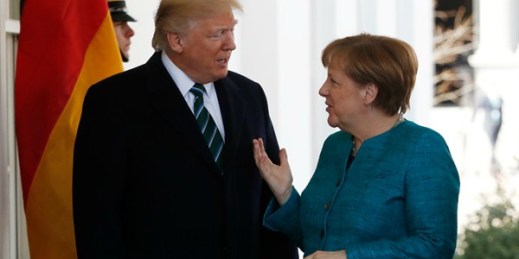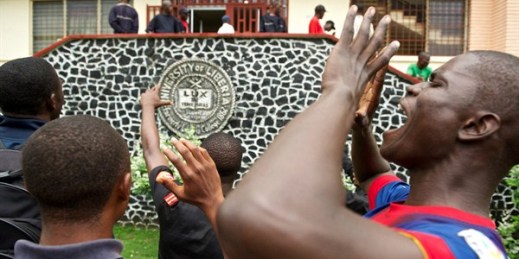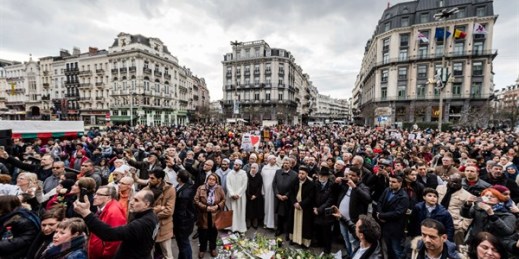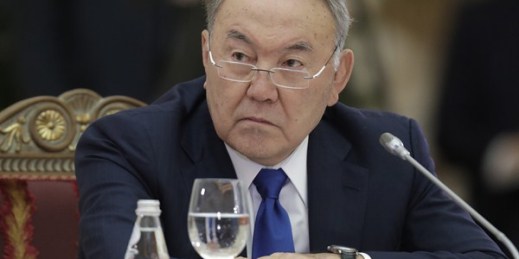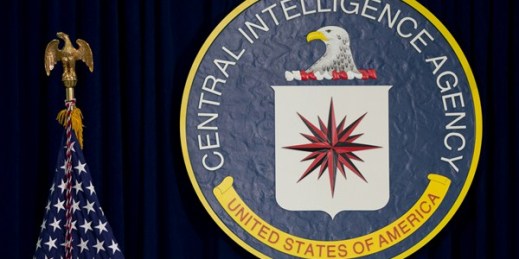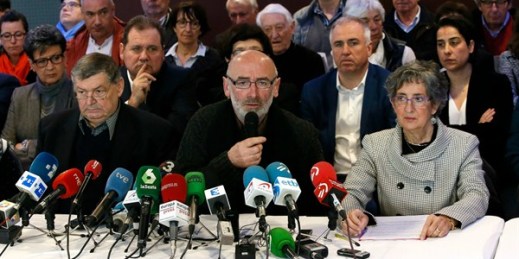
More than five years after declaring a cease-fire, the Basque separatist group ETA has announced plans to fully disarm by April 8. Founded in 1959, the group, whose name stands for “Basque Country and Freedom” in the Basque language, sought to create a homeland in the Basque region in northern Spain and southwestern France. Its campaign of violence, including bombings and assassinations, is blamed for more than 800 deaths. In an email interview, Rafael Leonisio, political scientist and editor of the 2016 book ETA’s Terrorist Campaign: From Violence to Politics, 1968-2015 (Extremism and Democracy), discusses the challenges facing the group […]

